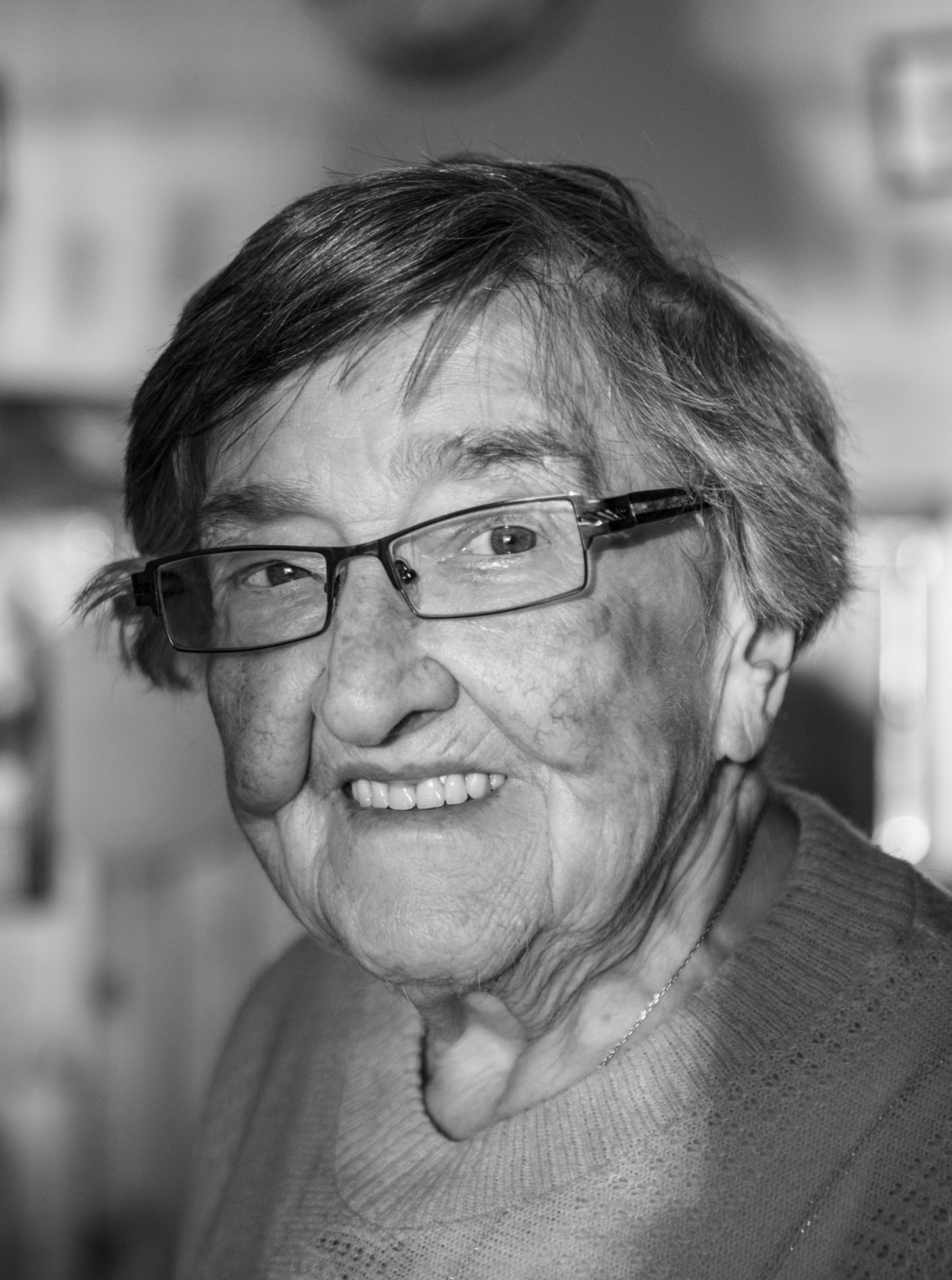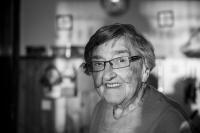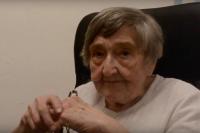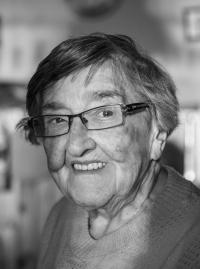“Well, it was all pretty good for us, as there was a kind of a footpath, the road was not used very much, and on one side there was a new road that was not even on the map. So there, just like that, the Russians, when they came to Moravia, and there were the distilleries here and they had much alcohol, vodka and so on. They said: ´Please, pour out everything, because as the Russians arrive, it's the end, they will drink it all up and the front will not move forward anymore.´ So that is what has happened. They spent three weeks there; whole three weeks, but those poor women that lived in the neighbourhood, because the drunken guys... and the females had to be nice, oh well... so they even raped twelve-year old girls... So it was such a sad thing, it was a case of a fifteen-year-old boy, who walked around agitating for people to pour all alcohol out in order to let the front move on. Well, and they were just waiting for him, because there were three war fronts, and one of them was left with alcohol. Then it was a little bit worse, somehow as the transport went and they had cows, and one of them was dying, so they wanted a new one. Well, they came to our house and wanted to take our cow. But daddy asked how we should live without it as it was the only thing we had left. Food was scares, all eaten up, just everything. Well then it got rather bad, because there were two guys arguing about it, and the Russian took a gun and shot right over their heads. So they fell down to the ground and were lucky not to get shot... Then it was even worse, because when they took it, they got a drink, and of course, daddy was hiding it from me... but there were two Russians, an older got my mom, and the younger one was trying to get me, but daddy was sheltering me and did not move a step from me, so he just left.”



